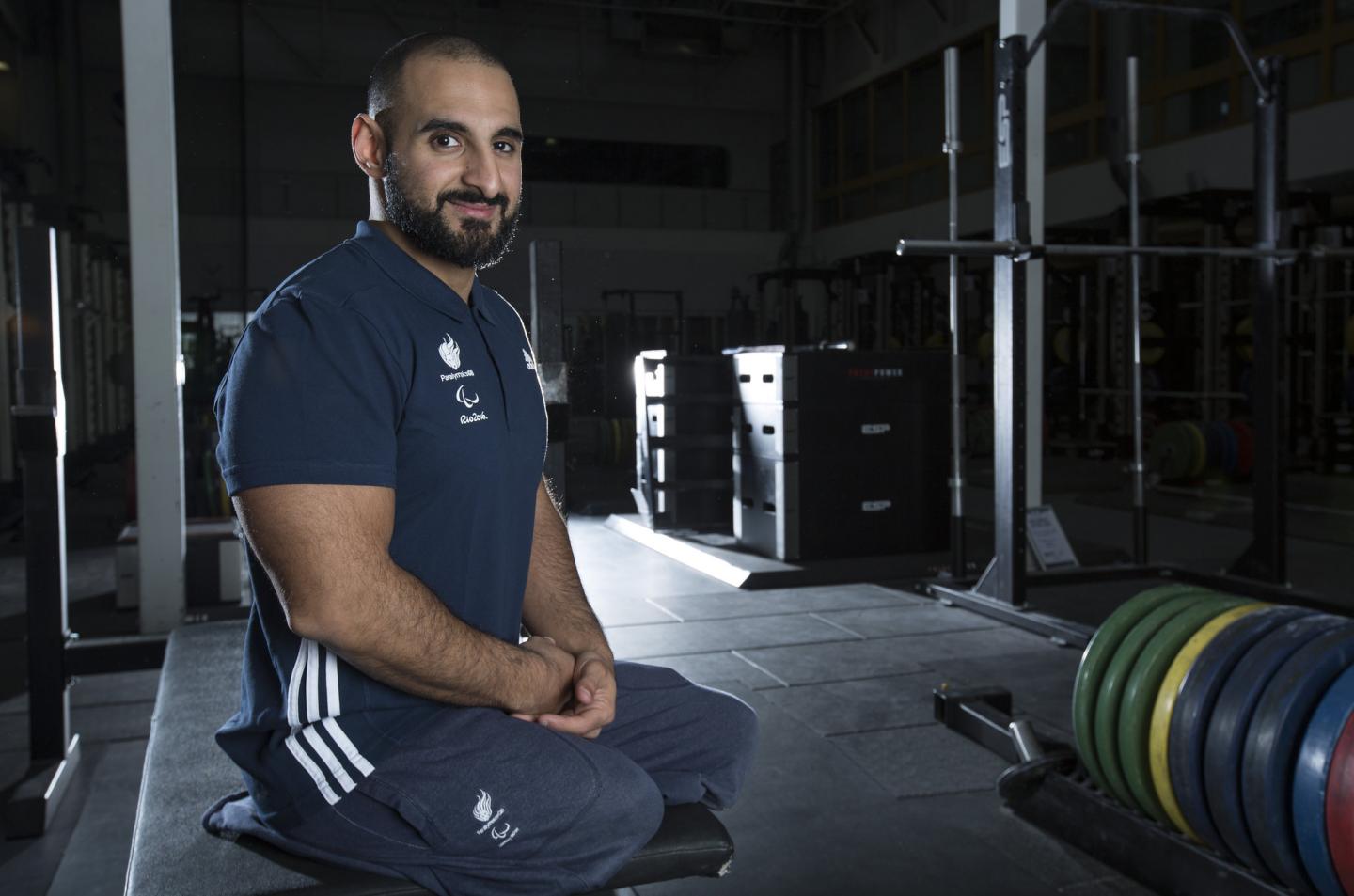Ali's hunt for change in the accessibility of physical activity

Having consulted the disabled community, Ali Jawad is convinced the time is now for change in the accessibility of physical activity.
Last summer the Paralympian ran an online survey asking disabled people about their experiences of activity and the results told a story of constant struggle.
With COVID-19 creating further barriers to participation, the key takeaway from the survey was the lack of knowledge of what is needed for disabled people to access sport and exercise.
The month-long consultation garnered more than 250 responses, first-hand detail of the disability community's feeling that the sector could do much more to help improve their active lives.
“The results were really quite clear,” Ali said. “The main learning is the lack of knowledge to help disabled people and guide them on their exercise journey.
“They are not confident in going to gyms because of the lack of accessibility. When we talk about accessibility we’re not talking about the buildings itself but the equipment in the gyms.
“We know that not many have swing away machinery so you can put your wheelchair in there, a lot of the equipment is fixed and not accessible.
“That confirmed to me that we need to drive policy on this. If you’re going to have an accessible building then the equipment itself has to be accessible too, there’s no point going to a building and you can’t use anything.
“The big responses were that when disabled people go to gyms they are trained like non-disabled people, which could be dangerous. It could injure them.
“I think there’s a need for more disabled personal trainers and the fitness industry need to train and encourage more disabled PT’s or make their courses more disability specific.”
There's plenty of potential in the new virtual world we are living in - from work to workouts - during the COVID-19 pandemic.
But Ali’s survey reveals the benefits are yet to trickle down to the disability exercise sector, with his responses highlighting a clear desire for disability physical activity to be greater supported online through resources like Parasport's Home Workout Zone.
“When it comes to apps, 90 per cent of our responses said that they don’t think the tech apps were truly accessible to them,” Ali added.
“Obviously disabled people now aren’t able to get to gyms, you need accessibility when it comes to apps.
“Disabled people are so vulnerable now in terms of keeping their physical activity high because of this lack of online accessibility, that needs to be addressed and I’m hoping to potentially address it.”
With these concerns in mind, Ali believes he has a solution. Launching this summer, he is working on an app to fill the void which will support disability fitness worldwide.
It is an ambitious project which Ali sees as a one stop shop for disability exercise, featuring a whole range of content from remote activities and classes to nutritional information, a podcast and a unique rating system which allows users to rate their gym’s accessibility.
From this, he hopes to drive change in poorly-rated gyms and help develop facilities on a wide scale.
“A fitness app specially designed for the disability community is what I envisage,” Ali added.
“I’m not going to have a non-disabled person presented in the app, it’s about relating to the demonstrator and also giving you knowledge about how to do the exercise.
“It’s not a PT app. It’s an app to give you the information so you can pick what you want to do and how to do it.
“If gyms are rated poorly we’re going to approach them to try and improve that. That’s how we encourage social change. Then we can go to the government from there with this evidence.”